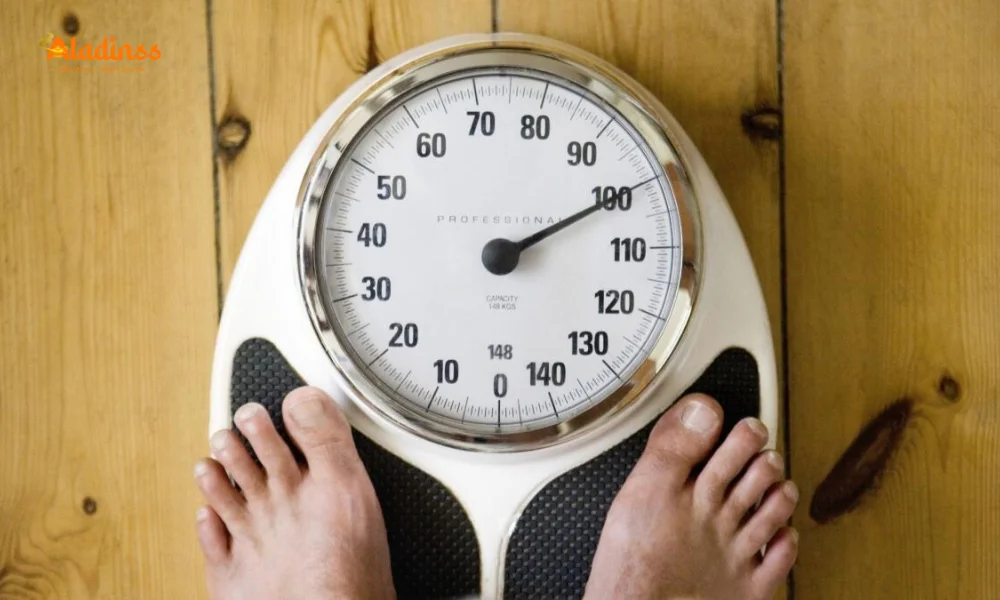Nutritionist Tips Eating for Energy Post Lunch 2025
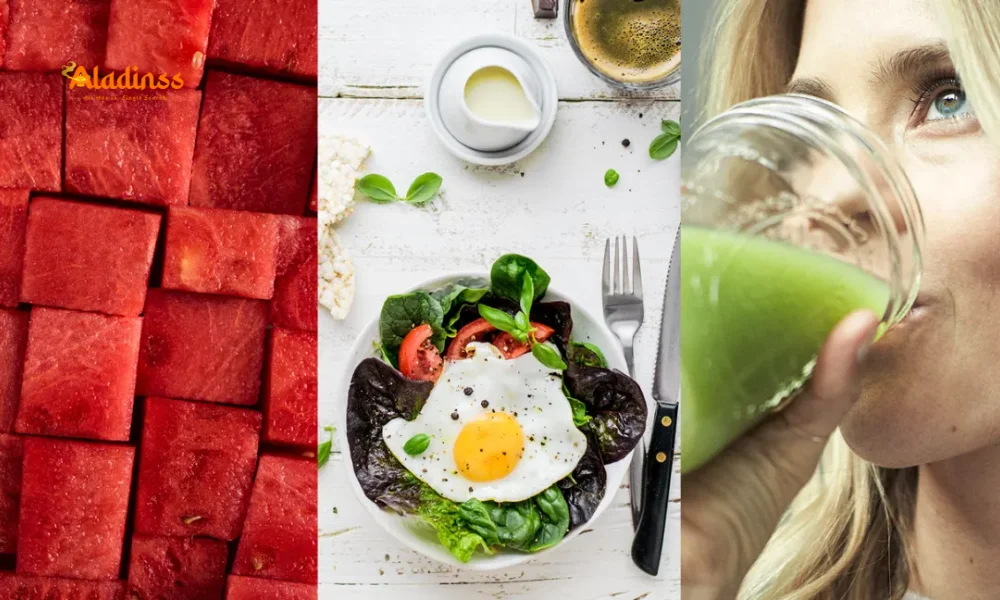
Nutritionist Shares 10 Tips on Eating for Energy if Staying Awake Post Lunch is a Challenge: 'Don't Skip Breakfast'
Feeling drowsy after lunch is a common struggle, but it doesn’t have to be. On September 9, 2025, at 12:51 PM IST, Dr. Shabana Parveen, a leading clinical nutritionist at Artemis Hospitals, shared groundbreaking advice in an exclusive interview. She emphasized, "Food is basically energy for our body, and if we have better food choices available to manage how we feel fatigued, we will be able to maintain consistent energy levels." This breaking news update delivers a detailed guide to overcoming post-lunch fatigue through diet, starting with the critical advice to never skip breakfast. With energy slumps affecting productivity worldwide, these tips offer a practical solution for the latest development in healthy eating.
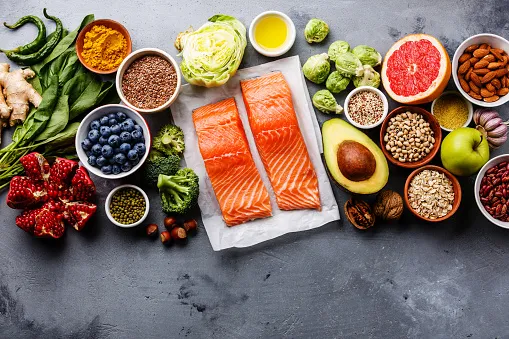
The Role of Diet in Combating Fatigue
Your diet is the cornerstone of your energy levels, influencing how alert or tired you feel throughout the day. A well-planned meal plan can prevent the afternoon slump, a phenomenon many experience between 1 PM and 3 PM due to the body’s natural circadian rhythm. Dr. Parveen notes that fatigue often arises from skipping meals, overloading on sugar, or neglecting hydration. This report explores how strategic food choices can stabilize energy, making it a vital resource for those seeking the latest update on nutrition trends.
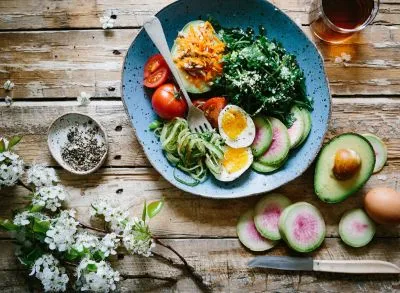
The post-lunch energy dip occurs as blood flow shifts to digestion, especially after heavy meals. This natural process can be worsened by unbalanced diets, leading to insulin spikes and subsequent crashes. Dr. Parveen’s expert tips address these issues by promoting nutrient diversity and regular eating habits, ensuring you stay productive and alert. This approach aligns with the growing interest in holistic health, making this article a must-read for health enthusiasts.
Top 10 Nutritionist Tips for Sustained Energy
Dr. Shabana Parveen has crafted a detailed list of 10 dietary tips to help you maintain energy, particularly when staying awake after lunch is difficult. These recommendations are rooted in nutritional science and designed for everyday application, offering a practical solution to combat fatigue. Below is an in-depth exploration of each tip to empower you with the knowledge to transform your diet.
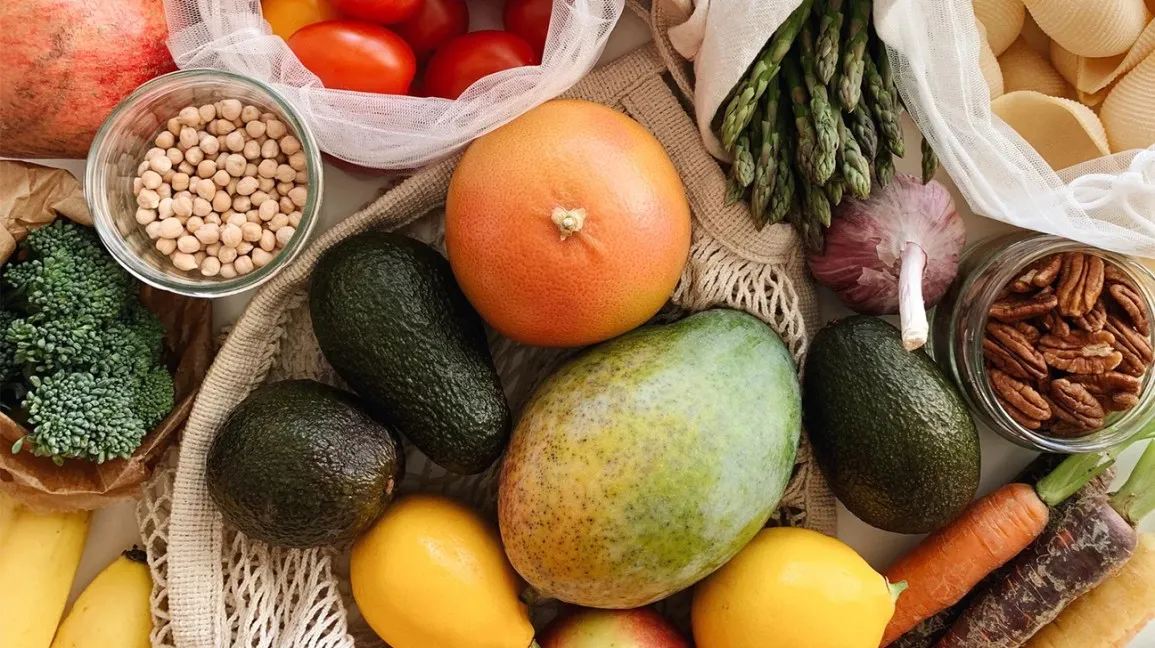
1. Don’t Skip Breakfast
Breakfast is the key to jumpstarting your metabolism after a night of fasting. Skipping it can lower blood sugar, leading to fatigue and reduced focus. Dr. Parveen suggests a balanced breakfast with whole grains like oatmeal, fruits such as apples or berries, and protein sources like Greek yogurt or eggs. This mix provides a steady energy release, keeping you active and avoiding the mid-morning dip that sets a sluggish tone for the day.
2. Choose Complex Carbs
Complex carbohydrates offer a slow and steady energy release, unlike simple carbs that cause rapid spikes and crashes. Foods like oats, brown rice, quinoa, and whole wheat bread are rich in fiber, aiding digestion and stabilizing blood sugar. Including these in your lunch can prevent the post-meal drowsiness that hinders afternoon tasks, making this tip essential for sustained vitality.
3. Add Protein to Every Meal
Protein supports muscle repair, promotes satiety, and balances energy release. Incorporate eggs, beans, fish, or almonds into every meal to enhance physical endurance and mental clarity. A lunch featuring grilled salmon or chickpeas with complex carbs can prevent energy dips, offering a robust solution to stay alert during the workday.
4. Eat Small Meals Often
Large meals can overwhelm digestion, leading to tiredness. Eating smaller portions every 3 to 4 hours maintains steady blood sugar and prevents energy crashes. A mid-morning snack of walnuts or a light lunch of quinoa and veggies can keep you energized without the heaviness, aligning with Dr. Parveen’s strategy for consistent energy.
5. Drink Enough Water
Dehydration is a hidden culprit behind fatigue, reducing concentration and energy. Dr. Parveen recommends drinking water consistently, with alternatives like coconut water or herbal teas for variety. Aiming for 8-10 glasses daily supports hydration and counters the post-lunch slump, making this a simple yet effective tip.
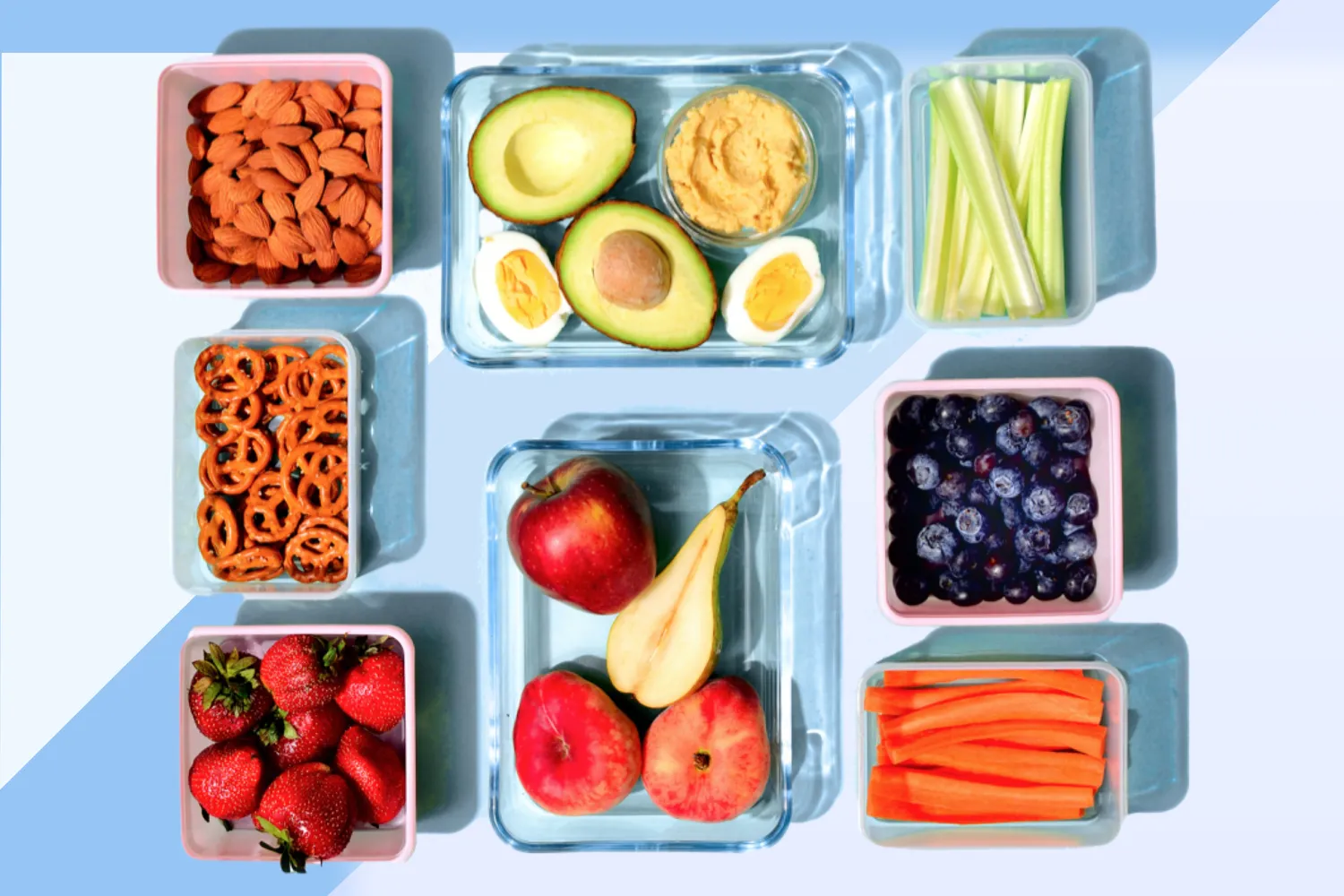
6. Add Foods High in Iron
Iron deficiency can cause anemia, leading to persistent tiredness. Boost your intake with spinach, lentils, pumpkin seeds, or lean meat to improve oxygen delivery and energy. Pairing these with vitamin C-rich foods like oranges enhances absorption, offering a long-term strategy to combat fatigue.
7. Limit Sugar and Junk Food
Sugary snacks provide a fleeting energy boost followed by a crash, worsening fatigue. Dr. Parveen advises swapping junk food for fruits or nuts, which offer sustained energy without the downside. This shift can transform your snack routine, keeping you alert after lunch and throughout the day.
8. Include Healthy Fats
Healthy fats support brain function and provide lasting energy. Add avocados, olive oil, and walnuts to your meals to enhance cognitive performance and stamina. A lunch with avocado on whole-grain toast or a handful of nuts as a snack can sustain energy, aligning with Dr. Parveen’s holistic approach.
9. Avoid Coffee Overdose
A cup of tea or coffee can offer a mild lift, but excess can cause jitteriness and later fatigue. Dr. Parveen suggests limiting intake to one or two cups, ideally in the morning, to protect sleep and avoid afternoon crashes. Herbal teas provide a caffeine-free option for a gentle energy boost.
10. Ensure Balanced Meals
A balanced meal with carbohydrates, protein, vegetables, and healthy fats is key to steady energy. A lunch of brown rice, grilled fish, steamed broccoli, and a drizzle of olive oil covers all bases, preventing spikes and crashes. This comprehensive approach supports all-day alertness, as recommended by Dr. Parveen.
Practical Application of These Tips
Implementing these tips requires planning but can significantly enhance your energy. Begin with a breakfast of oatmeal, berries, and a boiled egg to kickstart your day. For lunch, prepare a balanced plate with quinoa, lean chicken, and colorful veggies. Snack on almonds or an apple mid-afternoon, and stay hydrated with water or herbal tea. Consistency is key—track your meals and energy over a week to refine your routine, turning this guide into a actionable tool for daily life.
Understanding Post-Lunch Energy Dynamics
The post-lunch dip results from blood flow shifting to digestion, intensified by heavy, carb-laden meals that spike insulin. Dr. Parveen’s tips counter this with balanced nutrition and regular eating, stabilizing glucose levels. Dehydration and iron deficiency further contribute to fatigue, making hydration and iron-rich foods critical. This scientific insight, combined with practical advice, positions this article as a leading resource on the latest nutrition developments.
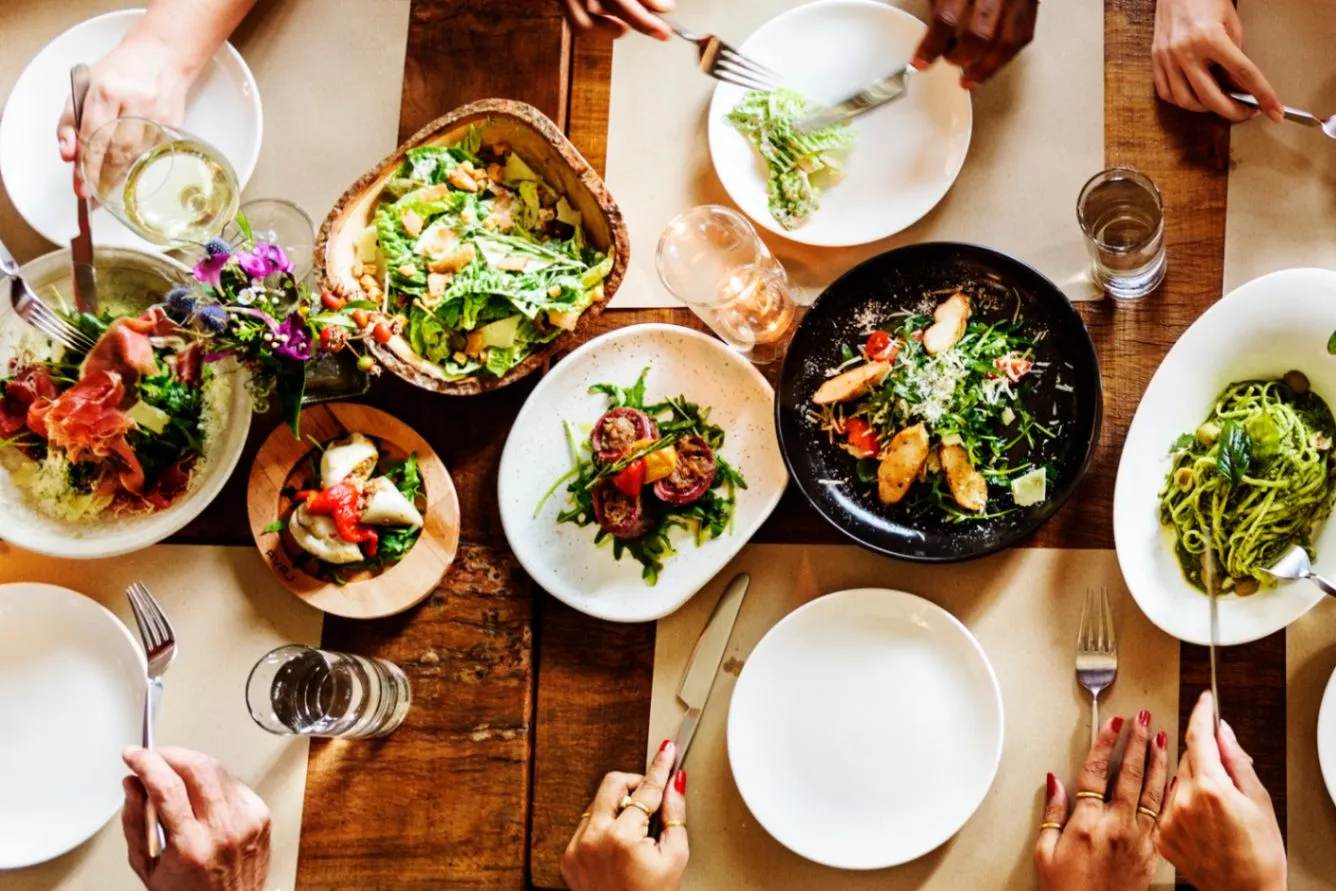
Comment / Reply From
No comments yet. Be the first to comment!

